Organic farming is a form of agricultural production that does not use synthetic fertilizers and pesticides. This saves farmers money and protects the environment from harmful chemical inputs.
It also produces healthier, tastier food. Moreover, organic farms can increase biodiversity on their land to help with crop resistance to climate change and improve soil health.
Soil Health
Organic farming improves soil health, which benefits water quality, soil stability and erosion control. This is because soil that is healthy has better adsorption and filtration abilities, which allows it to hold more water and nutrients.
It also prevents nutrient losses to the air, which lessens the release of greenhouse gases like methane and nitrous oxide that contribute to climate change.
Another benefit of organic farming is that it preserves more natural habitat areas and attracts beneficial flora and fauna to the land. This helps keep the ecosystem balanced, which is essential to human health and survival.
In a long-term trial on a clay loam in temperate Switzerland since 2002, three improved management strategies were tested: reduced tillage (RT), solid manure compost and slurry (MC) and biodynamic preparations (with or without). The results of this study show that topsoil SOC increased by 25%, soil microbial biomass C by 32-74%, and microbial activity by 34-88% over the 15-year period.
Water Conservation
Organic farming aims to be sustainable, and it infuses the soil with healthy bacteria and decomposers that naturally build nutrients back into the soil. Conventional farming strips the soil of nutrients, artificially adding them in with fertilizers, thereby damaging the soil and reducing its ability to retain water and combat erosion.
Organic farms also have more humus-rich topsoils, which retain more water and reduce the need for irrigation and runoff. In addition, soil biodiversity increases and nutrient cycling is improved.
Sustainable agriculture can benefit the environment and future generations. It is an alternative to high-input industrial farming systems that often cause water pollution, desertification, and soil degradation, and contribute to climate change.
Energy Conservation
Organic farming practices promote soil health by reducing crop export of nutrients, improving water retention and infiltration in the soil, and by maintaining healthy ecosystems. These benefits enhance the ability of organic farms to provide natural resources for both agricultural production and nature conservation, which in turn benefit society and future generations.
Organic farmers use nutrient cycling, waste recycling, carbon sequestration, weed control, and pollination to optimize their cropping systems. They also encourage biodiversity, ensuring that crops and livestock are compatible with the environment.
These conservation practices can improve soil health by promoting organic matter, pH, and soil organic carbon (SOC). The symbiotic relationship between arbuscular mycorrhizal fungi and plant roots improves soil aggregation, increases plant disease resistance, and improves water relations. Additionally, organic agriculture reduces pollution from fertilizers and pesticides by reducing their use.
Food Safety
Organic farming doesn’t use synthetic pesticides or other chemicals that can contaminate water, air, and soil. Instead, it uses a variety of conservation practices to minimize harmful effects on the environment and to encourage biodiversity.
Organic farms also focus on building healthy soils that hold more water and nutrients, help filter pollutants from groundwater, and prevent erosion. Soil health can benefit all life on earth, from flora and fauna to humans.
Unlike conventional farmers who use chemical fertilizers, organic farmers rely on natural and renewable sources to provide their crops with nitrogen and phosphorus. These include organic matter, green manures, and animal manures that naturally build and feed healthy soils.
These practices are more sustainable than conventional methods, allowing a farmer to reduce greenhouse gas emissions and fossil fuel consumption. They also reduce runoff into waterways, which can contribute to the pollution of our rivers and oceans. Additionally, they preserve soil health and biodiversity, which can lead to improved crop yields in climate-challenged areas.
Frequently Asked Questions
What is organic food?
Organic food does not use pesticides or fertilizers. Inorganic foods contain these chemicals, which may cause health problems.
Organic food can be grown without chemical fertilizers, pesticides herbicides, fungicides, and other harmful substances. These chemicals can harm humans and animals.
Inorganic food can include meat, fish eggs, buttermilk cheese, buttermilk, yogurt, honey grains, vegetables, fruits spices, and herbs.
The term organic refers to the way an agricultural product is grown. Organic farming is based on natural methods, soil amendments, and crop growth. Conventional farming uses pesticides, fertilizers, and chemicals.
Foods labeled as organic must meet strict guidelines by the U.S. Department of Agriculture (USDA). According to the National Organic Program Standards all organic food must be free of banned materials such as antibiotics growth hormones genetically modified organisms GMOs, and industrial solvents. Organic food must not be produced with toxic chemicals, petroleum or sewage sludges or ionizing radioactive substances.
What are organic products for the skin?
Organic skincare products do not contain synthetic chemicals like parabens,phthalates, mineral oils, petroleum jelly or petrolatum.
Organic skincare products don't contain artificial colours or fragrances.
They are designed to promote healthy skin, prevent premature wrinkles, heal injuries after they happen, and support overall wellbeing.
These are some standard terms you might come across when shopping for organic items:
- Paraben Free is a grouping of chemicals that are used to maintain certain cosmetic products safe, but can be toxic when consumed in large quantities.
- Fragrance Free - The product is not scented with essential oils.
- Cruelty free - No animals were endangered during the manufacturing process.
- Natural Ingredients – The ingredient is naturally derived either from a plant or an animal.
- Vegetarian/Vegetarian - All ingredients are vegan or vegetarian.
- Gluten-Free means that the formulation was free of gluten.
- Non-Toxic -- The product doesn’t contain toxic substances, carcinogens, harmful compounds, or any other dangerous chemicals that could pose a threat to your health.
- Biodegradable - The product will eventually be broken down into harmless parts when it is disposed of.
- Pesticide Free – There were no pesticides used during the harvesting or growing process.
- GMO-Free: This means that no product ingredient contains genetically engineered organisms.
- Certified Organic is a certification that the ingredients of the recipe were grown using sustainable methods.
Does organic mean that it is not sprayed with pesticides?
Organic food is free from pesticides and chemical fertilizers. This means organic food is free from pesticides and fertilizers.
Organic produce also contains more nutrients than conventionally produced foods because it contains no harmful additives.
The USDA National Organic Program (NOP) requires farmers to follow strict guidelines for growing crops certified as organic.
These guidelines cover soil preparation, crop rotation and pest control. They also include water conservation and harvesting techniques.
Organic farming techniques also contribute to healthy ecosystems that benefit wildlife as well as natural habitats.
What are organic fruit?
Organic food is free from pesticides, synthetic fertilizers and hormones. They contain more nutrients such vitamins A, C. E, and, in some cases, omega-3 oils. These nutritious ingredients make organic foods better for our bodies, and for the planet.
Organic foods are produced using sustainable agricultural practices that protect soil quality and promote biological diversity. They are produced without harmful chemicals, irradiation, or sewage sludge.
Most people associate organics with fruits, but organic products also include dairy, meat and poultry, as well as baked goods, personal care items, pet food and household cleaning supplies.
The USDA defines organic as crops that are grown according to federal standards. These foods cannot be grown by farmers using conventional methods. However, they can use approved natural methods to control pests, like crop rotation and cover crops, or animal feed made of organic materials.
A farmer must also adhere to guidelines about how much fertilizer or pesticide he applies during the growing season. Also, he must rotate his fields between different crops. GMOs, artificial growthhormones, synthetic insecticides, and synthetic fertilizers cannot be used by farmers.
All the above requirements are met by vegetables and fruits that are labeled "100% Organic". But, not all farms label their produce as 100% organic. It would confuse consumers. Instead, they will label the product as "made from organic ingredients". "
What are the top organic products?
The fastest-growing industry is organic food. But even though we've come a long way from our roots, there is still much room for growth.
Organic products will be the future. They are safer, healthier for the environment, and easier to afford for consumers.
They are also generally more expensive. That's why we created the Organic Food Index. We wanted the ability to identify which foods are currently most popular and whether these trends have changed.
These findings show that organic foods are becoming more popular. Between 2011 & 2012, almost half of Americans purchased organic food.
The USDA reported that organic production rose by 10% in the last year. Organic food now accounts for 9% of U.S. agricultural output.
Organic food is definitely on the rise, but it still seems expensive for consumers. The average retail price for organic food is almost twice that of conventional foods, according to the Organic Trade Association (OTA).
Organic food is growing faster that any other sector of the food industry. You can see that organic food has been steadily increasing since 2009.
According to OTA's data, organic products sold in supermarkets grew at 14% between 2010 - 2011.
This increase is due to consumers' demand for healthier foods. It is why organic food sales are growing across all ages.
Younger generations are choosing organic food more often than older generations. Millennials are twice likely to choose organic food than the baby boomers. 25 percent of organic food purchases are made by young adults younger than 35.
What are the benefits of organic farming?
Organic farming provides farmers with a way of producing food without using chemicals. Farmers don't have worry about whether harmful pesticides are affecting their crops or animals.
Organic farming can also use natural fertilizers. These fertilizers can be used to help grow healthier plants and to reduce the amount produced chemical waste.
Organic farming can also be environmentally friendly. For example, organic farming uses composting techniques to re-use nutrients in the soil. This reduces pollution and preserves valuable resources.
Organic farming can increase crop yields and help the environment. This is because organic farming requires less water to grow the crops.
Organic production methods mean farmers can get higher prices. Consumers who become more aware of the dangers of pesticides and chemical fertilizers demand healthier foods.
This increases demand for organic food products. Organic farming is growing in popularity.
Why should you buy organic?
Conventional agriculture has been linked with many health problems including asthma, allergies. It is important to make informed choices about food purchases.
Here are some tips from the Environmental Working Group (EWG).
Always purchase organic fruits, vegetables and other products whenever possible.
USDA organic labels should be used on meat, poultry and eggs as well as milk, cheese, yogurt, butter, honey, and other dairy products.
Avoid processed foods labelled "natural"/ "no additives."
Be sure to read all ingredient labels. If an ingredient isn’t listed, it might be added during processing.
It is better to eat fresh meats than canned or frozen. Canned and frozen foods can often have lower nutritional content like high fructose syrup.
Statistics
- When packaged products indicate they are “made with organic [specific ingredient or food group],” they contain at least 70% organically produced ingredients. (usda.gov)
- Nutrients like omega-3 fatty acids were up to 50 percent higher in organic meats and milk than in conventionally raised products.[3] (en.wikipedia.org)
- Brands participating in this challenge are committed to using 100 percent sustainable cotton by 2025.[5] (en.wikipedia.org)
- Popular clothing brands, like Patagonia, are labelled as organic by using 100 percent organic cotton for many of their styles. (en.wikipedia.org)
External Links
usda.gov
sciencedirect.com
- Organic food and impact on human health: Assessing the status quo and prospects of research - ScienceDirect
- Technical note: Simultaneous carotenoid and vitamin analysis of milk from total mixed ration-fed cows optimized for xanthophyll detection - ScienceDirect
ams.usda.gov
doi.org
- The link between occupational pesticide exposure and cancer risk: A review: Journal of Toxicology and Environmental Health. Part B. Vol 15, No 4.
- Genetically modified foods - safety, risks and public concern - A review - Journal of Food Science and Technology
How To
What You Should Know About Organic Foods
Organic foods come from plants and animals without chemical fertilizers, pesticides, or additives. They can be produced without the use of genetic engineering or ionizing radiation. Food must not contain artificial colours, flavour enhancers or preservatives. It must not contain genetically altered organisms (GMOs).
In 1845, Justus von Liebig, a chemist, first coined the term "organic", meaning "life-giving", to describe the properties and characteristics of manure. Most people associate organic production with food. Organic means the product has only natural substances like proteins, carbohydrates, and fats that are found in nature.
Over the past decade, organic products have seen a dramatic increase in consumption. Recent statistics show that around half of the world's population consumes at most one organic product per day. This percentage is increasing and will reach 70%, 80% and 90% by 2020.
Organic products are preferred for many reasons. Some consumers prefer organic products for the taste. Other people prefer them because organic produce is more nutritious. Still others believe organic farming is better for the environment. There are ethical concerns regarding farm workers and animals. This is why some people choose organic products.
Organic foods are more expensive than those made from conventional food, though prices may vary by country and region. Organic food prices are affected by many factors. One factor is whether there are enough land available for organic farming. Another is the cost for inputs and labour required to grow organic crops. There are other factors such as transportation costs, marketing and taxes. The average European price for organic food is 10% lower than the regular price.
The main differences between organic and conventional foods are summarized below.
- Organic produce is naturally free of synthetic fertilizers and growth regulators as well as hormones, antibiotics and other chemicals.
- Organic livestock are fed grasses, grains and legumes rather than corn or soybean meals.
- Organic milk comes from cows fed only grasses and hay.
- All raw materials used in organic manufacturing are certified organic.
- No pesticides or other harmful chemicals are allowed during organic fruits and vegetables' growth and processing stages.
- Organic meats, poultry, and seafood don't require radiation.
- It is important to soak any raw nuts and seeds prior to use.
- Organic cooking uses only healthy oils.
- Organic eggs were laid by hens. They can also be used in outdoor areas.
- Traditional methods are used to extract organic honey.
- Organic chocolate is made with beans and sugar grown organically.
- Organic wines don't contain chemical additives.
- Organic tea leaves are made from hand-picked plants.
- Organic cotton is grown with no pesticides or herbicides.
- Organic cereals and flours don't contain preservatives or artificial colours.
- All-natural shampoos and soaps don't contain harsh chemicals.
- All-natural cosmetics are safe and gentle for your skin.
- All natural cleaning solutions are biodegradable and eco-friendly.
- All natural products for the body are hypoallergenic, dermatologically tested, and hypoallergenic.
- All-natural products for personal hygiene are safe to use with babies as they don't contain any fragrances.
- All-natural baby formula doesn't contain bovine serum or animal rennet.
Resources:
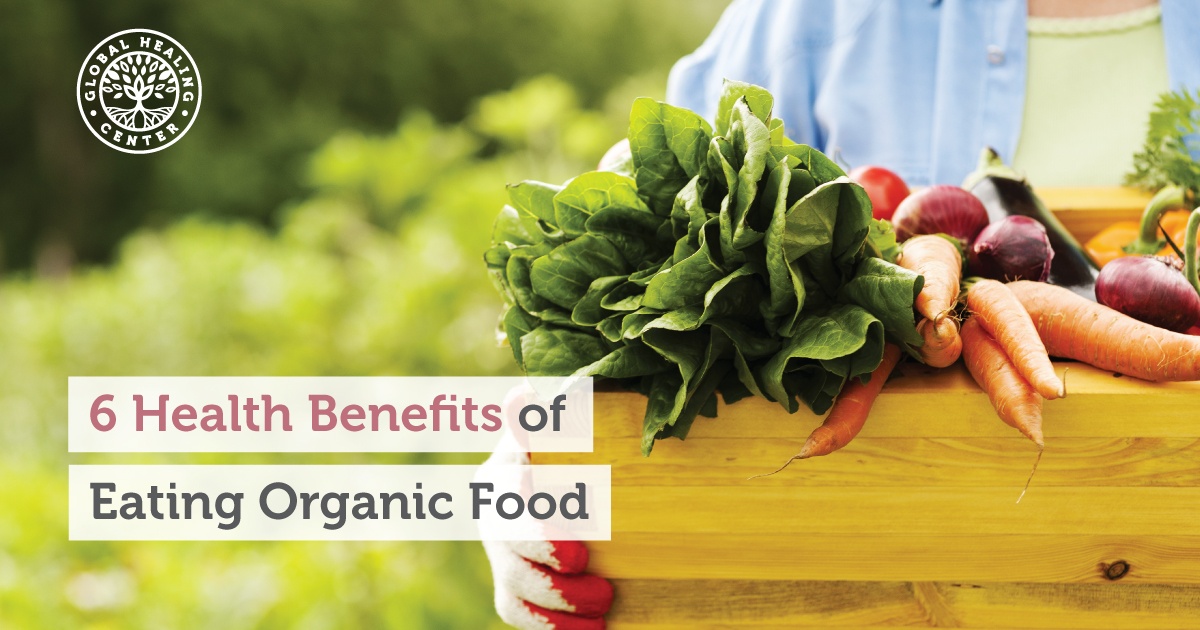 |
Nuts and SeedsNuts and seeds are nutrient-rich crunchy tidbits that add a protein, fiber and healthy fat punch to meals and snacks. They’re also a great source of.. |
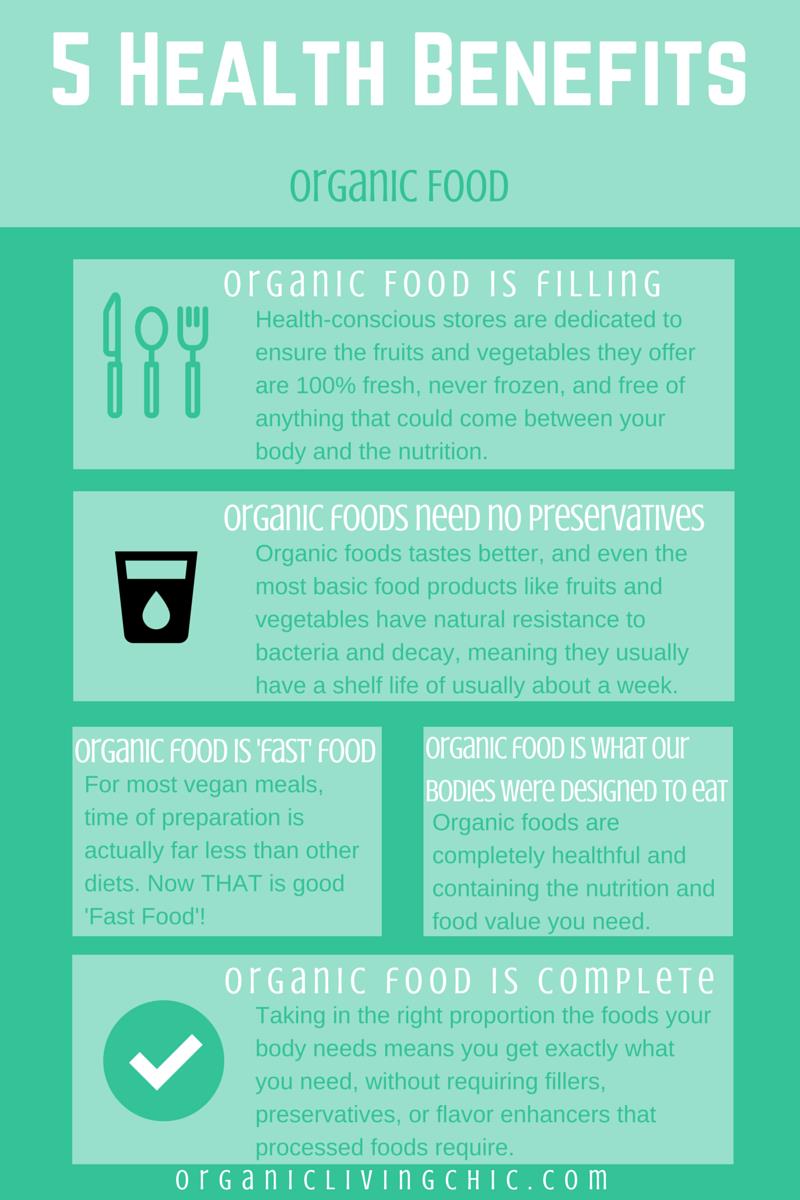 |
Organic Food For A Six Pack? The TRUTH About Organic vs Conventional Foods!Get ripped and keep your strength: http://goo.gl/uLzHn6 Hey guys, it's Clark over at Six Pack Shortcuts and today we're gonna talk about organic vs |
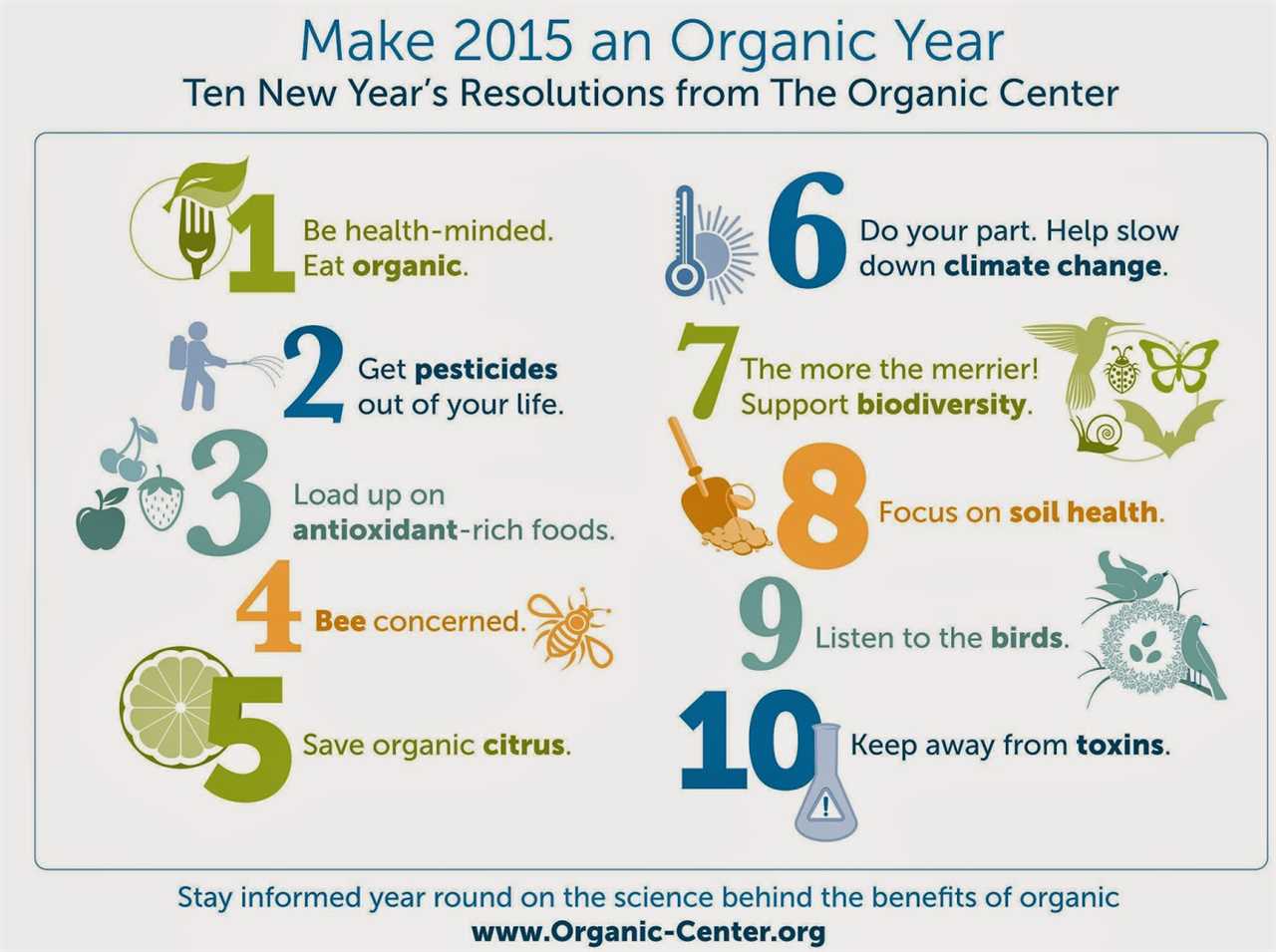 |
Organic vs Conventional Produce - The Dirty Dozen & Clean 15 ExplainedClick https://skl.sh/flavcitywithbobbyparrish to get 2 months of Skillshare for FREE! Here is a full review of the dirty dozen fruits and vegetables and |
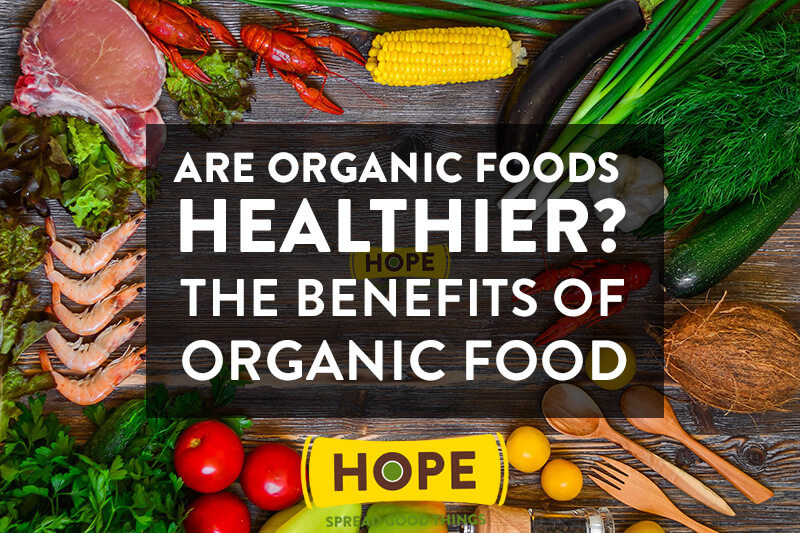 |
Are Organic Foods Really Healthier?It's widely believed that organic foods are more nutritious and safer than non-organic foods, even though the evidence is far from clear. Food certified as |
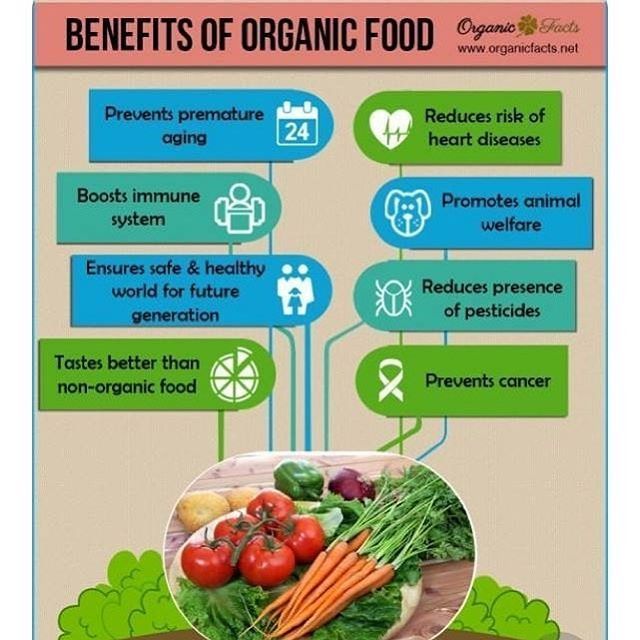 |
Are GMOs Good or Bad? Genetic Engineering & Our FoodAre GMOs bad for your health? Or is this fear unfounded? OUR CHANNELS German Channel: https://kgs.link/youtubeDE Spanish Channel: |
 |
How the food you eat affects your brain - Mia NacamulliView full lesson: http://ed.ted.com/lessons/how-the-food-you-eat-affects-your-brain-mia-nacamulli When it comes to what you bite, che […] |
 |
Is Buying Organic Food Worth The Cost?Subscribe to Goodful: https://bzfd.it/2QApoPk Goodful Goodful Feel better, be better, and do better. Subscribe to Goodful for all your healthy self care |
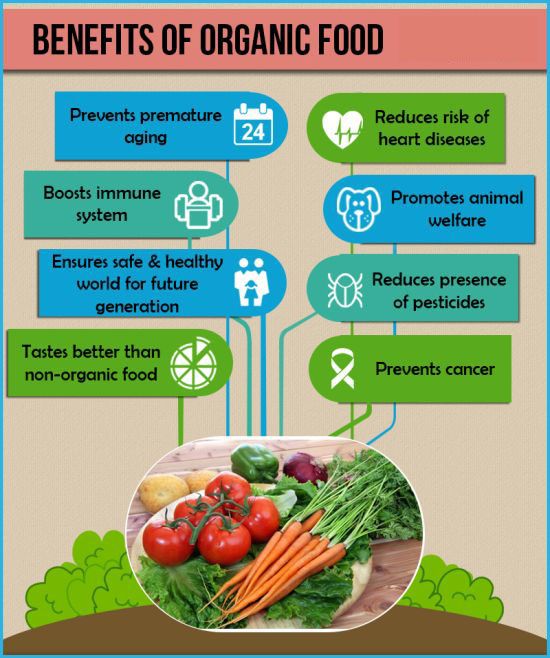 |
Benefits of Choosing Organic Gluten-Free OptionsIf you’ve been diagnosed with gluten sensitivity or celiac disease, you know how hard it can be to avoid foods containing wheat and other grains. But |
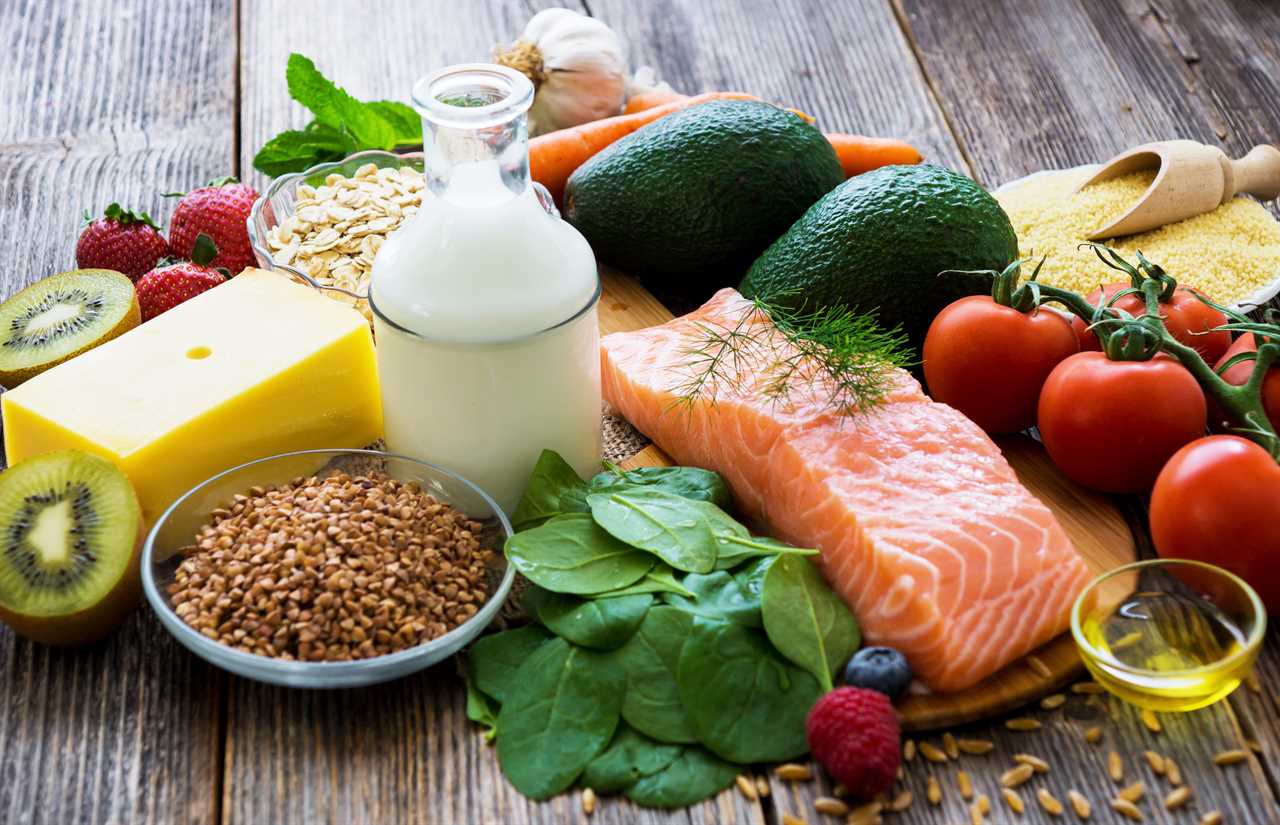 |
Joseph Wang LIVE (Bank Bailouts and Moral Hazards Deep Dive)buy my stuff Come to rebel capitalist live at https://rebelcapitalistlive.com Check out my private, online investment community (Rebel Capitalist Pro) |
 |
Organic Farming and Soil HealthOrganic farming practices promote soil health through crop rotations, symbiotic associations, cover crops and minimum tillage. These management.. |
 |
Research Reveals How Your Body Reacts When You Eat Only Organic FoodsThere is a growing belief that organic foods are healthier for us than non-organic foods. This ever-increasing belief is responsible for significant growth in |
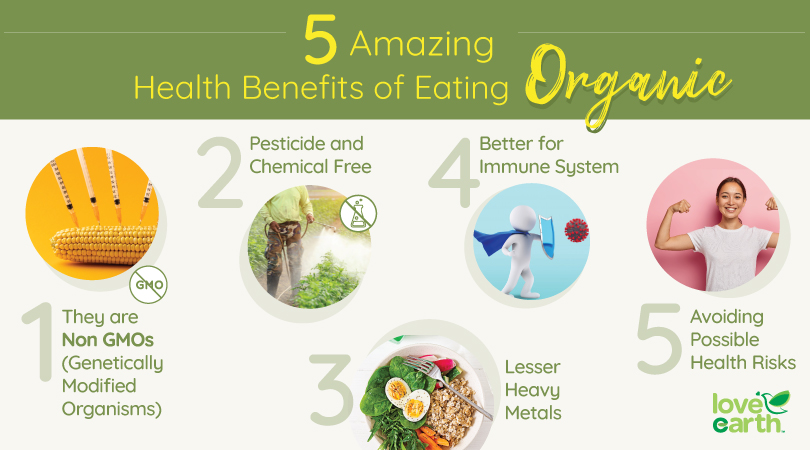 |
Stop Wasting Money on These ORGANIC Veggies (you don’t need to buy them organic)Click Here to Subscribe: http://Bit.ly/ThomasVid Get MY Recommendation on Groceries Delivered to Your Doorstep with Thrive Market: http: […] |
 |
If You Eat an Avocado a Day For a Month, Here''s What Will Happen to YouWhat Will Happen to Your Body If You Eat Avocado Every Day. The avocado is a unique fruit with multiple nutritional and health benefits. How would your body |
 |
Korean GardeningKorean gardening is one of the oldest ways to grow plants. It involves planting herbs, fruits, and vegetables that are used in kimchi, a type of.. |
 |
The Rodale InstituteThe Rodale Institute is a nonprofit organization that aims to support research into organic farming. It was founded in 1947 by J. I. Rodale, an.. |
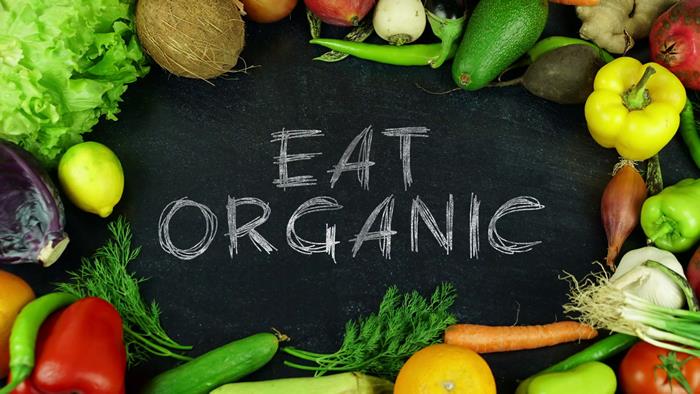 |
Organic eatingOrganic Cultur |
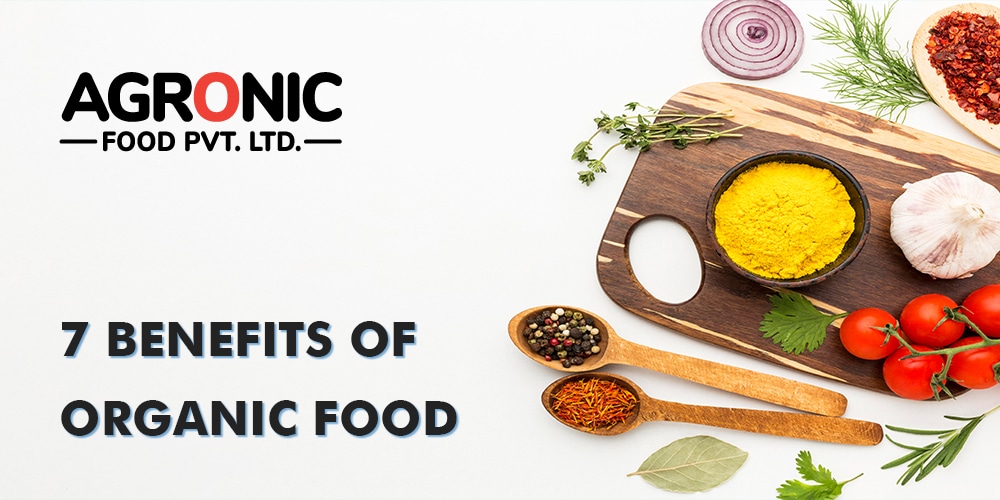 |
What is a Conventional Farm?Conventional farm is the term used to describe a farm that is not organic. It is a form of agriculture that is associated with better soil quality,.. |
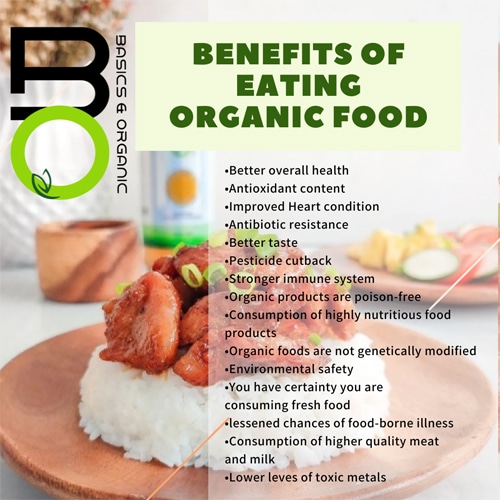 |
Chhattisgarh's Organic Farming SchoolsThe government of Chhattisgarh has started to introduce organic farming schools. This initiative is intended to provide the young generation with the |
 |
Can Organic Be GMO?The question Can organic be GMO is an ongoing debate among many consumers. While it's possible to eat foods that have been produced using genetic.. |
 |
When Did Organic Food Start?The answer to the question when did organic food start? will vary depending on the time period in which you are looking at. For instance, it may be a |
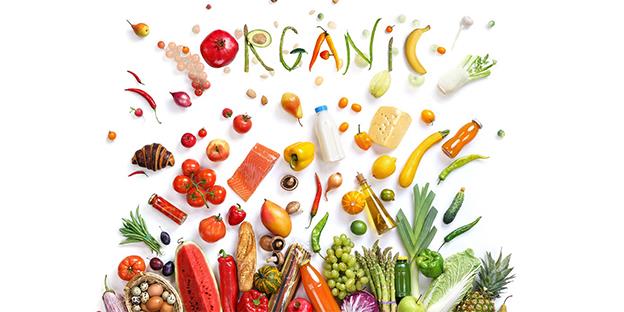 |
Organic Farming PrinciplesOrganic farming is a practice that is designed to be sustainable and healthy. Its principles include avoiding harms produced by industrial farming.. |
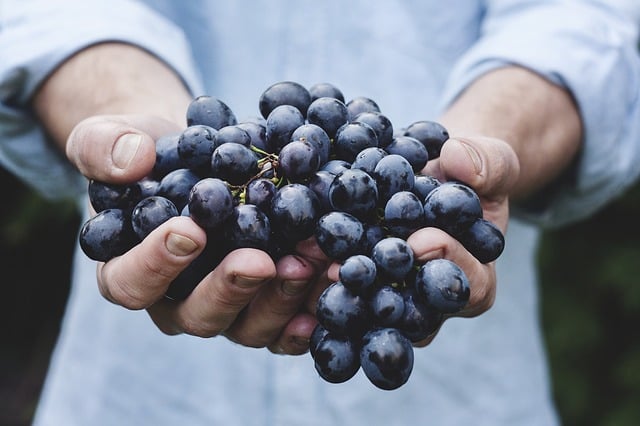 |
Soil Composition and BiodiversityThe soil that we have around us is a vital part of our lives. It is the home for many plants and animals. It also has a texture, a color, and many.. |
 |
The Benefits and Pitfalls of Organic Farming OrganizationsOrganic farming is an approach to farming that is not only ecologically sound, but also financially feasible. It is a method that is free from.. |
 |
Exotic VegetablesWhen it comes to vegetables, there are plenty of choices to choose from. Some of the most popular choices include broccoli, corn, carrots, and.. |
 |
Learn How to Become an Organic Farmer Through a Training ProgramIf you are looking to become an organic farmer, there are several ways you can do so. One option is to take a training program that will teach you.. |
 |
Benefits of Cover CropsIf you aren't familiar with cover crops, you may be surprised to learn that they are plants that are planted to grow on top of the soil to help.. |
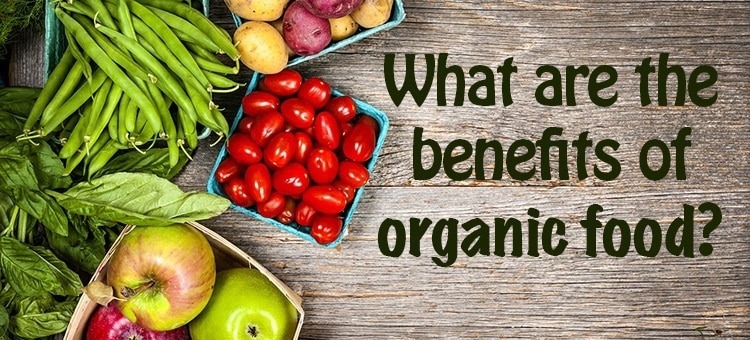 |
What is Organic Cotton?Organic cotton is the type of cotton that is grown without using pesticides or chemicals. It is also the type of cotton that is grown in subtropical.. |
 |
Is Organic Farming Beneficial to Biodiversity?Organic farming is a growing interest in the scientific community, and researchers have been investigating whether the practice is beneficial to.. |
 |
The Benefits of CompostingComposting your waste can be a very effective way of ensuring that your organic material is being broken down to the best of its ability. When.. |
 |
The Difference Between Organic Milk and Regular MilkOrganic milk is a type of milk that comes from livestock that is raised according to organic farming methods. This is a term that is regulated by.. |
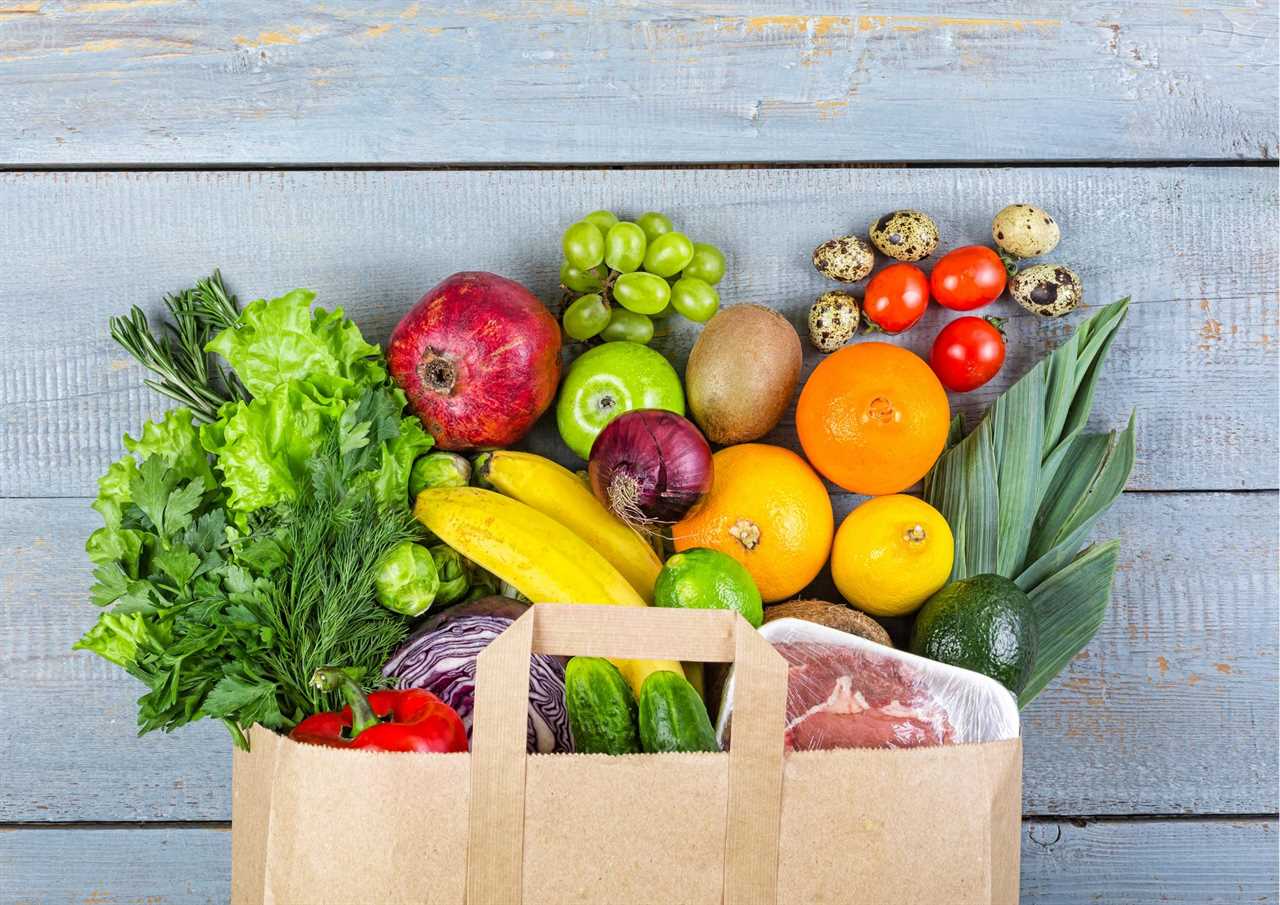 |
Organic Farming MagazineOrganic farming magazine is a resource that provides you with the latest information on organic agriculture, health, and sustainability. It also.. |
 |
The Latest Research on Organic | The Organic CenterResearched articles about eating Organic food |
.png)





